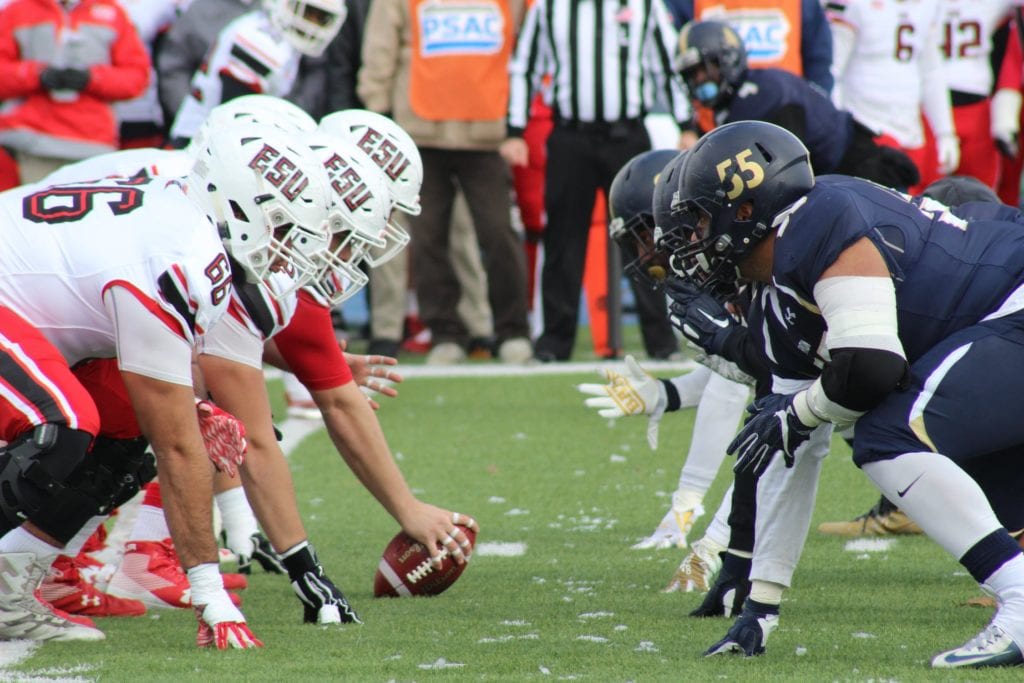
Despite 2020 being a year where many sports teams have lost revenue, sportsbooks in Colorado recently began hitting new highs, particularly during the final quarter of the year.
Online and in person sports betting was legalized in the state following a vote in November 2019, with the first wagers being placed from spring the following year. Colorado citizens are now able to place bets on both individual and team professional sports, collegiate sports, motorsports as well as some esports competitions.
People may wager on the final outcome of a game, who will win or lose or take part in other forms of betting such as prop bets. Prop bets are increasingly popular within sport and are defined as a bet that is placed on the occurrence or non-occurrence of something happening, like the number of touchdowns in an NFL game.
Since the legalization of sports betting, the amount of bets being placed has steadily increased. Those wishing to place bets can do so easily in person or online using this list of websites for Colorado punters.
Football is by far the most popular sport to bet on in Colorado and revenue highs have coincided with the NFL and college seasons. Professional football achieved $88 million in revenue in October, while NCAA Football achieved $22 million dollars.
Following football, table tennis is another popular sport to place wagers on in the state, with takings on $12 million dollars in handle.

In November, the state’s sports betting industry reached its highest monthly record. More than more than $231 million dollars in bets were made during that time.
This is almost 10% more than the previous month’s takings, which totalled around $210 million dollars. In terms of gross gaming revenue, all of those wagers bought in around $18 million for local sportsbooks operators. Overall revenue for the US in October was $2.82 billion.
The US government also benefited significantly from this industry’s growth, having collected around $800,000 dollars in tax from their revenue.
But where exactly does this tax revenue go? It is expected that the majority of it will go towards funding Colorado’s water projects and the Colorado Water Plan. Some will also go towards those impacted by the legalisation of sports betting, such as colleges, casino cities and others funded by traditional gambling revenues.
A percentage of this tax revenue is also put aside to assist in the establishment and running of services for people exhibiting harmful gambling behaviours and addiction.
Colorado is not the only state in the US that has seen the positive of legalizing sports betting and other types of gambling in recent years. Attitudes to gambling are also changing in a number of other states.
Colorado is actually only the sixth state in the ranking of states by monthly sports betting handle. First is New Jersey, where it has been popular following the legalization of sport betting in 2018.
Nevada, home of Sin City, is second in the rankings. This is followed by Pennsylvania who introduced sports betting when the PASPA was repealed in 2017.
While Illinois is already fourth in the ranking having legalized it in early spring last year, with Indiana in fifth following their 2019 adaptation to gambling legislation.
There are a whole host of benefits that come with legalizing sports betting in the US.
As we have already witnessed in Colorado and other forwarding thinking states, sports betting is a lucrative opportunity for local governments to increase tax revenues, with gambling often being taxed at a high rate in comparison to other industries.
It also increases important opportunities within the gambling sector, where workers are needed for managing betting operations, making predictions, marketing and promotion and enforcing regulations.
Local sports teams also benefit from the opportunity to be sponsored by sports betting companies, giving them another stream of revenue.
Another positive impact of changing gambling legislation is that it discourages and prevents both criminal activity and harmful gambling behaviours. Legalizing sports betting means that proper regulations and regulatory authorities can be introduced.
Regulatory authorities are responsible for holding organizations with licences for betting to account. If they are to fall foul of the law then they will be fined and barred from the industry.
They also provide help and support to those at risk of gambling addiction, meaning that more people can enjoy betting on sport safely.
It is likely that more states will follow in changing their laws around gambling and sports betting after witnessing the industry’s success in Colorado and other states in recent years.
The sports betting industry has proven to be highly profitable for both betting operators, related industries and the US government.
In Colorado, as the industry grows and demand for sports betting increases, it is likely that revenue will continue to grow at the encouraging rates seen over the last few months.

